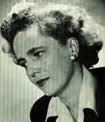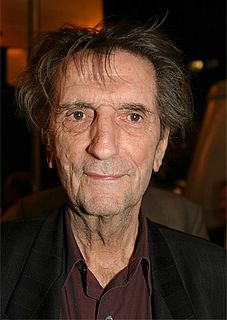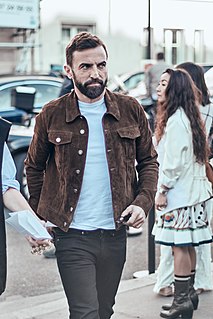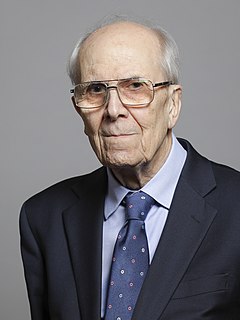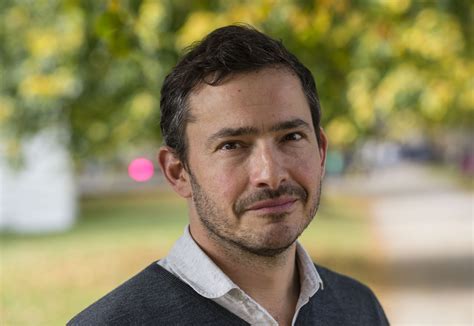A Quote by Marianne Williamson
I don't think that my twenties were any more dramatic than those of most people I know. I was never that bad and I never became that good.
Related Quotes
When farming became a corporate venture, and the distribution of food became corporate, the variety of foods that were considered good diminished greatly. I know that there's a lot of misconception about this, that people think we have more food variety than ever before, but, in fact, if you read any of the studies, you'll find we have fewer foods than before.
Grownups! Everyone remembers them. How strange and even sad it is that we never became what they were: beings noble, infallible, and free. We never became them. One of the things we discover as we live is that we never become anything different from what we are. We are no less ourselves at forty than we were at four, and because of this we know grownups as Grownups only once in life: during our own childhood. We never meet them in our lives again, and we will miss them always.
Have you come over time to think that you know more now than you did when you were young, know less now than when young, know now there is so much more to know than you knew there was to know when young that it is moot whether you think you knew more then than now or less, or do you now know that you never knew anything at all and never will and only the bluster of youth persuaded you that you did or would?
The early twenties when we drank wood alcohol and every day in every way grew better and better, and there was a first abortive shortening of the skirts, and girls all looked alike in sweater dresses, and people you didn't want to know said "Yes, we have no bananas," and it seemed only a question of a few years before the older people would step aside and let the world be run by those who saw things as they were--and it all seems rosy and romantic to us who were young then, because we will never feel quite so intensely about our surroundings any more.
Why isn't Tilda Swinton on the covers of tons of magazines? Well, she's not that. It isn't her thing. But I don't know. I think that suddenly a time came when models, after the Linda Evangelista crowd, and Naomi Campbell and Christy Turlington, when the models for me became a bit bland. But I think more than that, the culture changed. The movies, television, music, and all of those things - those people were more visual and therefore more interesting.
People are tempted to think (understandably) that if God were really good He'd never allow any evil in the world at all. But I don't think a perfectly good God would never permit any evil, and neither would others, I wager, if they thought about it. Rather, I think that a good God always prevents suffering and evil unless He has a good reason to allow it. That's the crux.
What I never wanted in art - and why I probably didn't belong in art - was that I never wanted viewers. I think the basic condition of art is the viewer: The viewer is here, the art is there. So the viewer is in a position of desire and frustration. There were those Do Not Touch signs in a museum that are saying that the art is more expensive than the people. But I wanted users and a habitat. I don't know if I would have used those words then, but I wanted inhabitants, participants. I wanted an interaction.
Goodness was more difficult than evil. Evil men knew that more than good men. That's why they became evil. That's why it stuck with them. Evil was for those who could never reach the truth. It was a mask for stupidity and lack of love. Even if people laughed at the notion of goodness, if they found it sentimental, or nostalgic, it didn't matter -- it was none of those things, he said, and it had to be fought for.
Bad art was as good as good art. Grammar and spelling were no longer important. To be clean was no better than to be filthy. Good manners were no better than bad. Family life was derided as an outdated bourgeois concept. Criminals deserved as much sympathy as their victims. Many homes and classrooms became disorderly - if there was neither right nor wrong there could be no basis for punishment or reward. Violence and soft pornography became accepted in the media. Thus was sown the wind, and we are now reaping the whirlwind.



